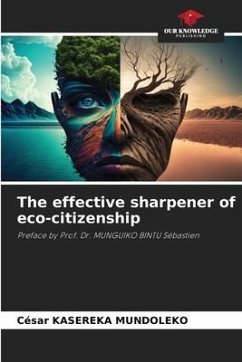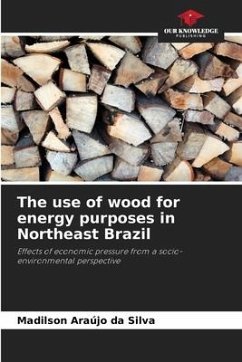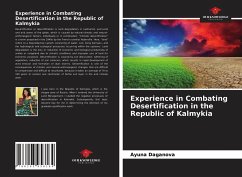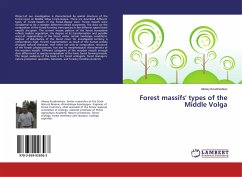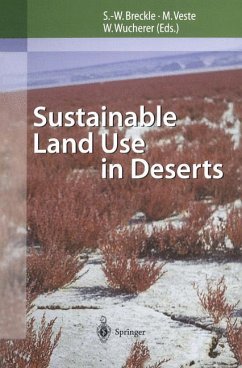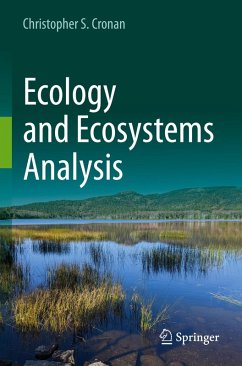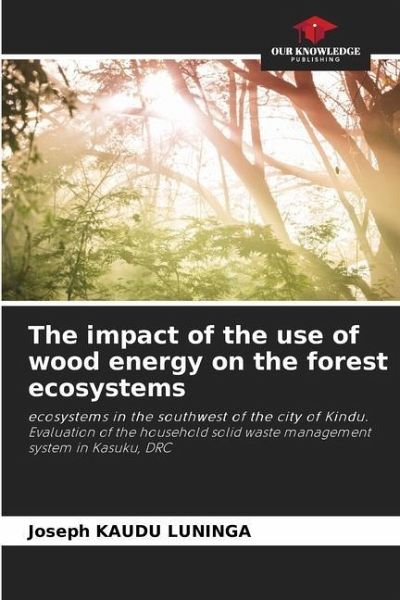
The impact of the use of wood energy on the forest ecosystems
ecosystems in the southwest of the city of Kindu. Evaluation of the household solid waste management system in Kasuku, DRC
Versandkostenfrei!
Versandfertig in 6-10 Tagen
29,99 €
inkl. MwSt.

PAYBACK Punkte
15 °P sammeln!
The issue of household energy remains a major concern in the world and particularly in developing countries, where the majority of the population uses mainly firewood, charcoal and agricultural residues to meet their energy needs related to cooking (Aruna Sefu, 2011).According to the FAO (2007), the world's population is estimated at 6 billion people, of which 2 billion use wood for cooking or heating and 1.6 billion depend directly on the forest.In the DRC, the population is not spared in terms of household waste management. One notes a diversity of deposits of waste of any kind in the plots,...
The issue of household energy remains a major concern in the world and particularly in developing countries, where the majority of the population uses mainly firewood, charcoal and agricultural residues to meet their energy needs related to cooking (Aruna Sefu, 2011).According to the FAO (2007), the world's population is estimated at 6 billion people, of which 2 billion use wood for cooking or heating and 1.6 billion depend directly on the forest.In the DRC, the population is not spared in terms of household waste management. One notes a diversity of deposits of waste of any kind in the plots, the streets, the stops, the open spaces, the gutters, and this, in spite of the ordinance of the Belgian colony of June 4, 1926, section 5, modified on July 15, 1975, n° 75 - 633, relating to the public hygiene in the agglomerations.



